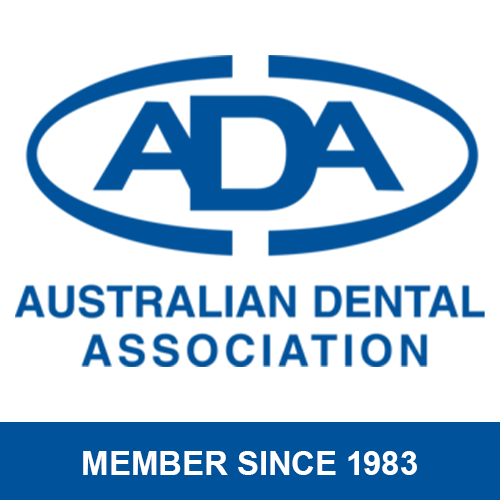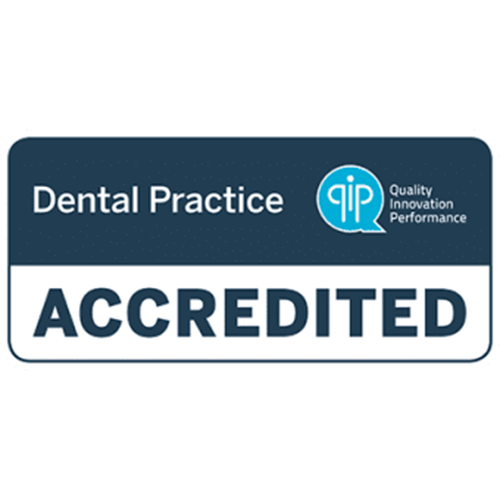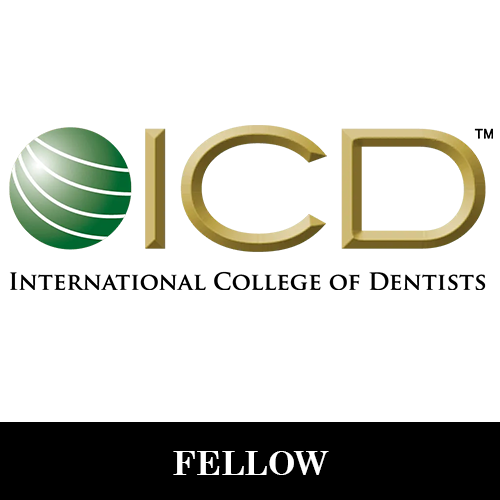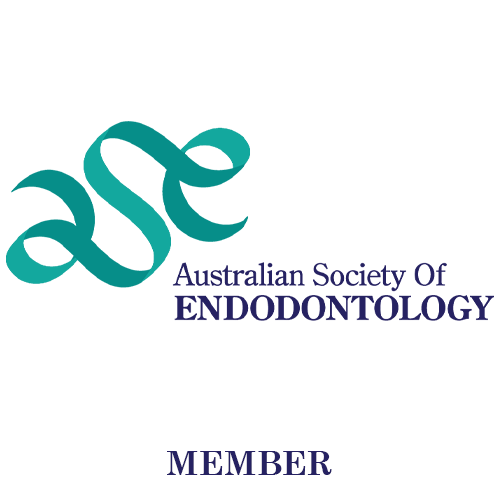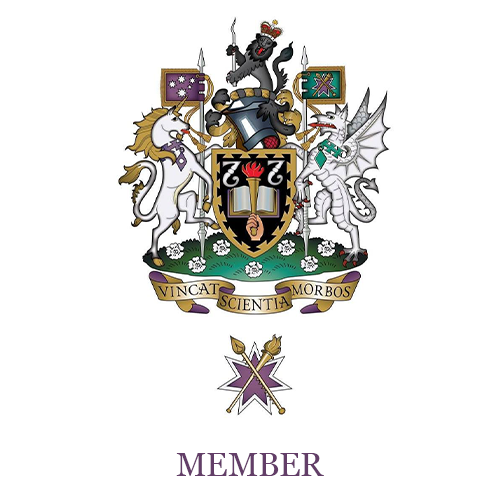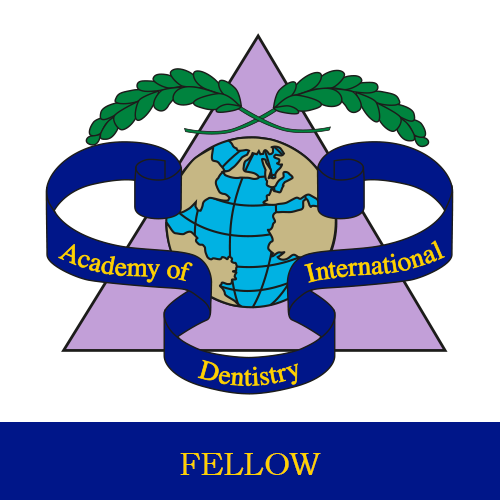Get In Touch
(02) 4869 3111
57-59 Elizabeth St, Moss Vale NSW 2577
Nutrition Tips for a Healthy Mouth
Mossvale Admin • May 7, 2018
Nutrition Tips for a Healthy Mouth
While daily flossing, brushing and regular visits to your dentist are the mainstay of teeth maintenance, food and beverage choices are also of paramount importance to help keep your smile!
Here are some tips for maintaining oral health nutritionally.
-
Vitamin C is an antioxidant found in many fruits and veggies (oranges, strawberries, blueberries, tomatoes, etc) which plays a role in collagen production (for the maintenance of healthy gums) and protects gums and other tissues from cell damage and bacterial infection.
B. If taking Vitamin C chewables, always be sure to rinse your mouth afterwards and, preferably, take with a meal. Vitamin C is an acid (ascorbic acid) which can soften tooth enamel, so you should also allow time for saliva to neutralise the acid before cleaning your teeth. - Dairy, rich in Calcium and Vitamin D, helps promote healthy teeth and bones, and decreases the risk of tooth loss. Calcium helps protect against periodontal disease and Vitamin D helps absorb and utilise calcium.
- Eat some raw fruit and vegetables. Crisp, firm, coarse, watery and fibrous fruits and vegetables help cleanse plaque from your teeth and freshens your breath. They will also stimulate saliva production, helping to both neutralise acids and wash plaque and food particles away. Choose carrot sticks, broccoli, apples, celery, etc for a healthy snack.
- Dark leafy vegetables, including broccoli and spinach, as well as asparagus and peas, are high in folic acid, supporting cell growth and repair in the mouth as well as throughout the body.
- Drink water and Tea. Water helps produce saliva, which is possibly your body’s best defence against tooth decay. Saliva contains protein and minerals which counteracts enamel-eating acids. Tea, containing polyphenols, can slow the growth of bacteria associated with cavities and gum disease. Beverages such as soft drinks, sports drinks and fruit juices, are loaded with sugars and should be avoided. Coffee and wine should also be limited.
- Avoid snacking, or if you must, choose healthy snacks. Snacking between meals increases acids in your mouth, and the more frequent the snack, the less likely saliva can neutralise it. Sucking on boiled sweets is an absolute no-no, but sultanas, cakes, and biscuits are also high in sugar. Better to choose healthy snacks such as raw fruits and vegetable sticks, nuts, cheese or plain yoghurt. If you must eat sugar-loaded snacks, do so at meal times to minimise the exposure to teeth, and consider rinsing your mouth or chewing sugar-free gum after snacking.
While good nutrition goes a long way to maintaining good oral health, nothing replaces daily flossing and brushing of teeth AND a 6-monthly visit to your dentist. Call Moss Vale Dental today to make an appointment for your next regular check-up.
Site Links
Our Services
Locations We Service
Contacts
ABN: 40 525 320 779
Trading Hours
- Monday
- -
- Tuesday
- -
- Wednesday
- -
- Thursday
- -
- Friday
- -
- Saturday
- Closed
- Sunday
- Closed



